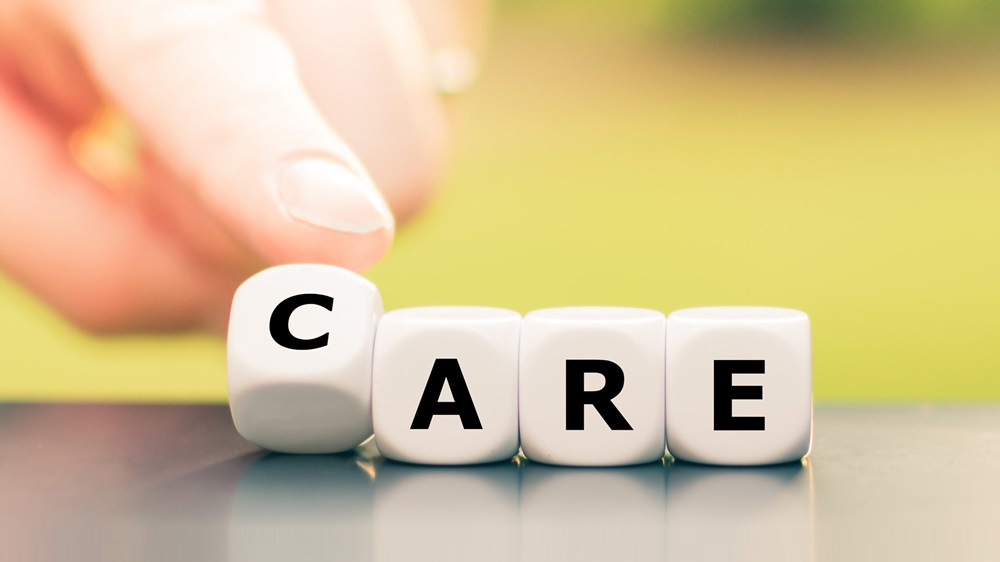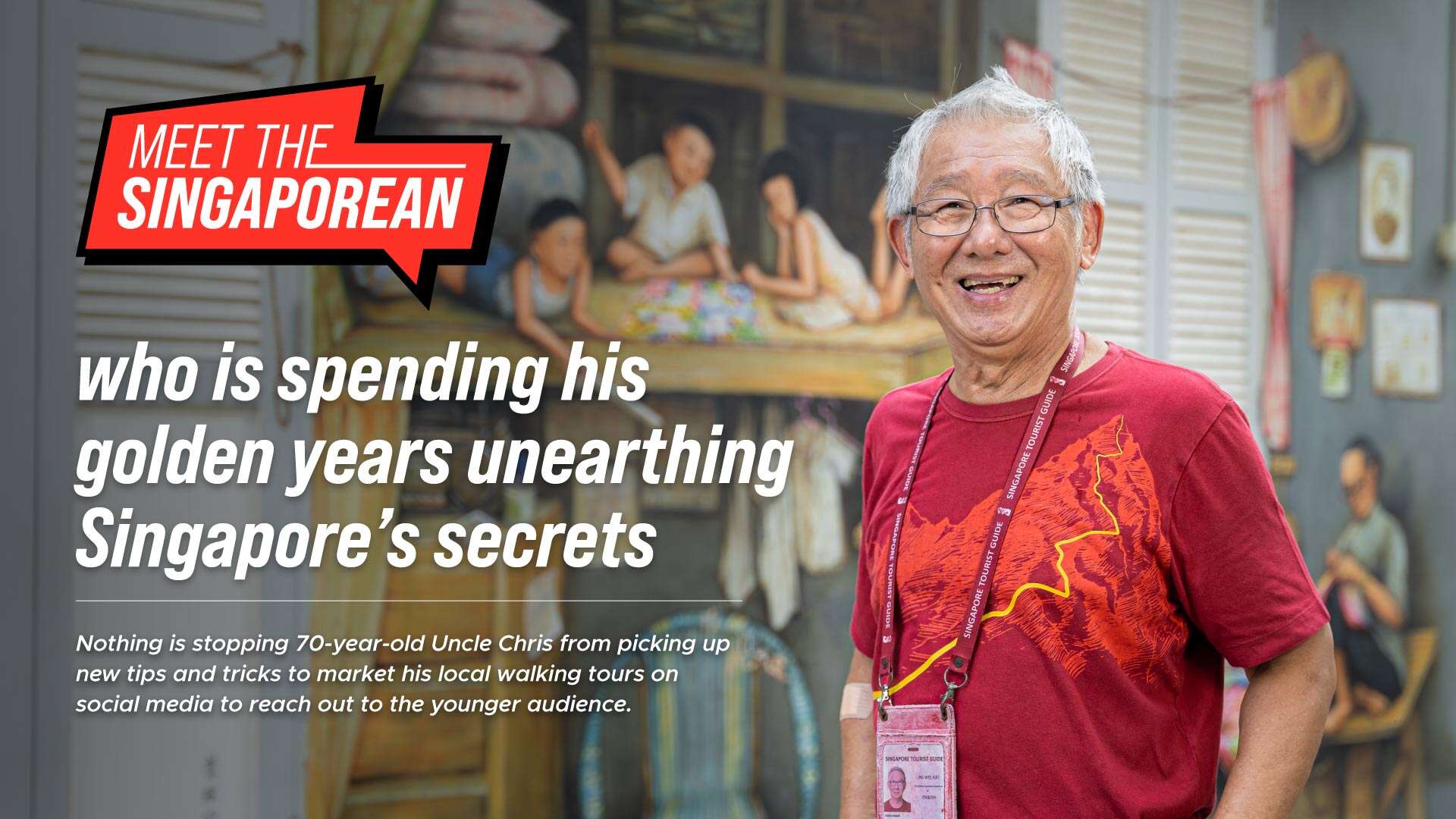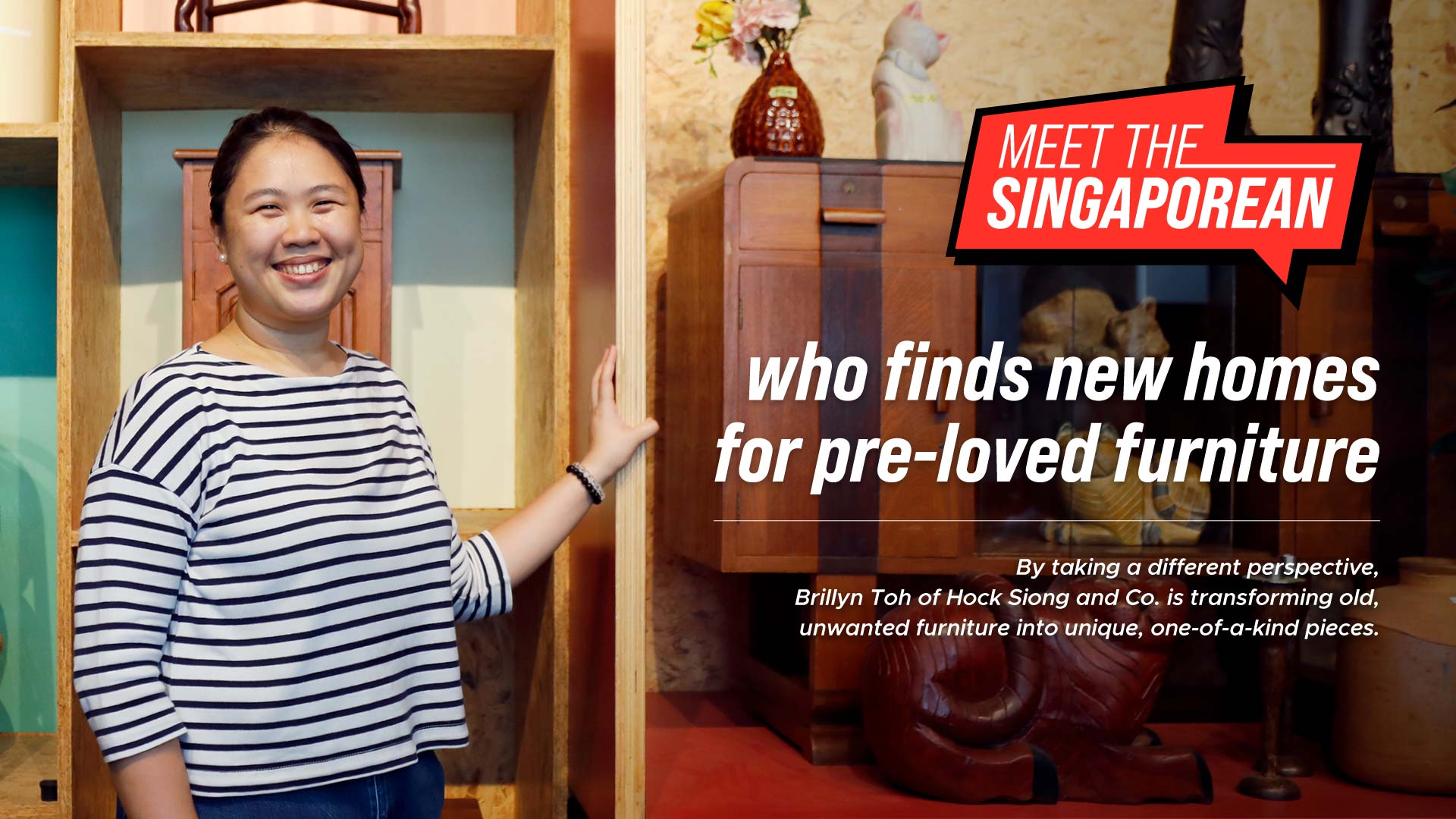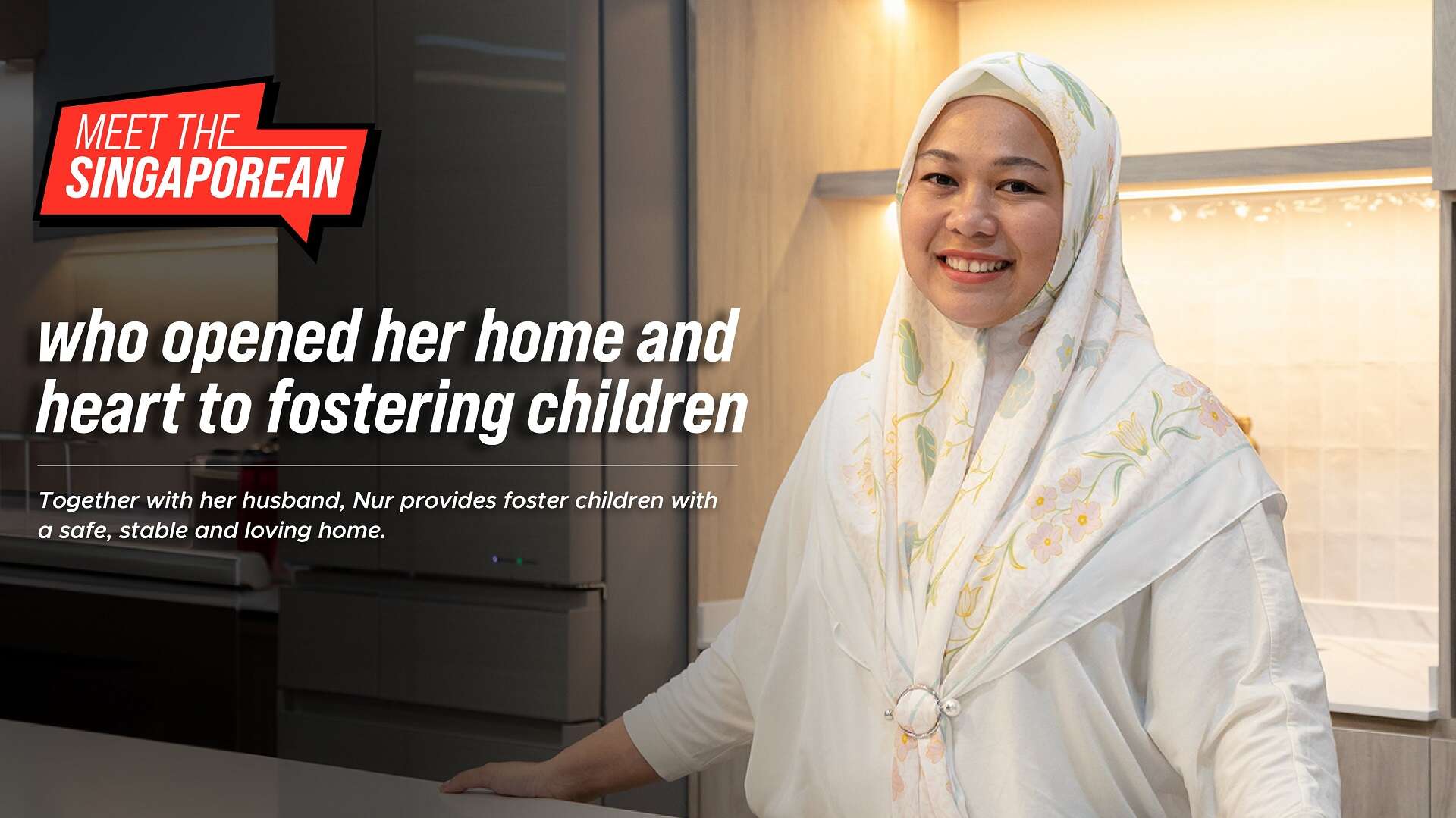
Some of us have never lived through a crisis like COVID-19, and may find it difficult to handle the pandemic mentally and emotionally.
Trained psychiatrist Lieutenant-Colonel (Dr) Soh Teck Hwee recently volunteered with the National CARE Hotline, which was set up to support people who feel stressed and anxious about the evolving COVID-19 pandemic.
Dr Soh, who is also a member of the Singapore Armed Forces Medical Corps, provided a listening ear and dispensed advice to hotline callers who needed emotional support.
Is it normal to feel stressed during this COVID-19 pandemic?
Yes. It is normal to feel concerned, worried, anxious and even mildly depressed. These are unprecedented times for Singapore residents and it is important that their emotional and psychological health are being taken care of.
The 24/7 National CARE Hotline complements existing support measures – such as phone or online counselling platforms – by providing additional emotional support and psychological first aid to individuals who may be distressed and in need of mental health and psychosocial support.
During my volunteer stint, people who called the hotline had a range of concerns – some experienced negative emotions, while others had challenges in daily living such as financial hardship, as well as fears of domestic violence.
We provided a listening ear and comforted the callers and, for most of them, these were sufficient. We also connected them to information and avenues of help, such as financial assistance or caregiver facilities for those struggling with caring for elderly family members.
How do I tell if I am stressed?
People may not know that they are stressed, or that what they are feeling or doing is a result of stress. Stress can affect how we feel, how we think and how we behave. Some possible symptoms include:
Mental
- Having a loss of concentration
- Being more forgetful
- Having difficulty making decisions
Physical
- Feeling more tired
- Having unexplained aches
- Having rapid breathing and heart rate
Emotional
- Being short-tempered
- Getting irritated more easily
- Being more prone to worrying or tearfulness
Children and elderly may show stress in different ways. For instance, children might refuse to play, become clingy, or suffer from poor sleep.
How can I cope with anxiety and stress?
- Don’t bottle up your feelings. Recognise the symptoms and accept your feelings.
- Connect with others, either within your household or with friends online or over the phone, and express your emotions.
- It is important to continue to self-care. Keep exercising, eat regular healthy meals and keep to your normal bedtime even if you do not have to go to work the next day.
If you find that your mood is worsening and you are having increasing difficulty coping with the pandemic, it is important to seek help early. Do not rely on alcohol or other maladaptive coping mechanisms like drugs of abuse.
Please call the 24-hour National CARE Hotline and speak with our trained counsellors who can help you process your feelings and guide you through practical and healthy coping tactics.
What can I do to support my loved ones if they are showing signs of anxiety and stress?
One simple step is to acknowledge the concerns and provide simple reassurance or instil hope. For example, for someone facing financial difficulties, you could say “I know we may lose our income and things could be hard over the next few months but let’s take it one step at a time together to see what can be done".
If you are a frontline worker and your family is worried for your health, you could assure them, "I know you are worried about me, and you are right to be worried. I will take the necessary precautions and look after myself".
Need Help? Call 1800-202-6868 Other hotlines you can call include: [Mental Well-being]
[Marital and parenting issues]
[Violence or abuse]
[Counselling]
[For all other helplines] Visit go.gov.sg/hotlines |
About LTC(Dr) Soh Teck Hwee
Lieutenant-Colonel (Dr) Soh Teck Hwee is a member of the SAF Medical Corps. He volunteered for the National CARE Hotline and took calls offsite while serving out his stay-home notice (SHN) after returning from a fellowship in the United States. A qualified psychiatrist, LTC(Dr) Soh soldiered on to provide medical care while on SHN. He has since returned on active duty to the SAF Medical Corps and SAF’s effort in the fight against COVID-19.
We use cookies to tailor your browsing experience. By continuing to use Gov.sg, you accept our use of cookies. To decline cookies at any time, you may adjust your browser settings. Find out more about your cookie preferences here .

















